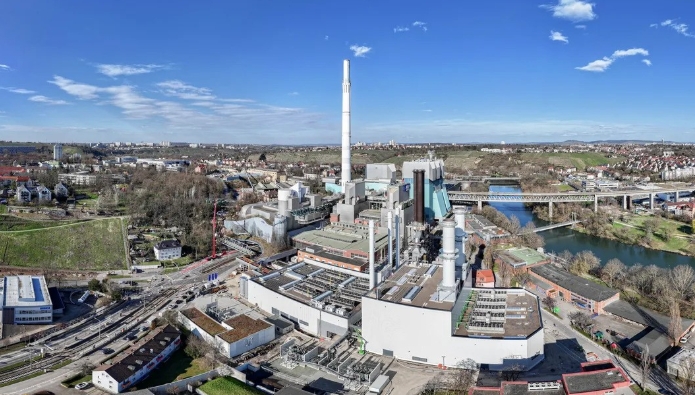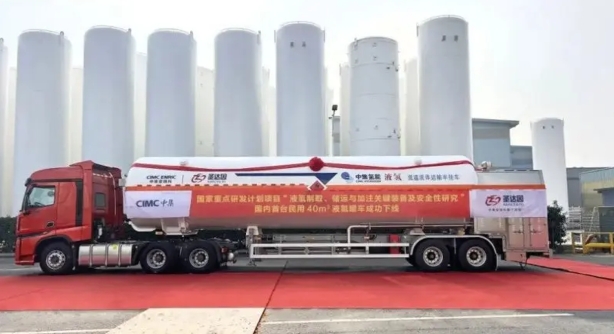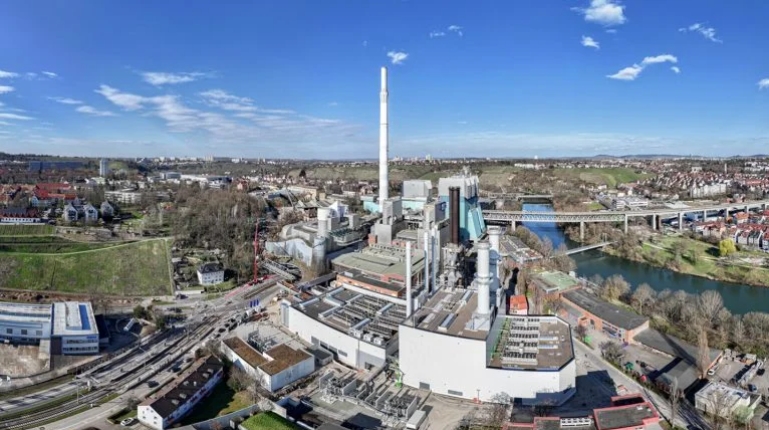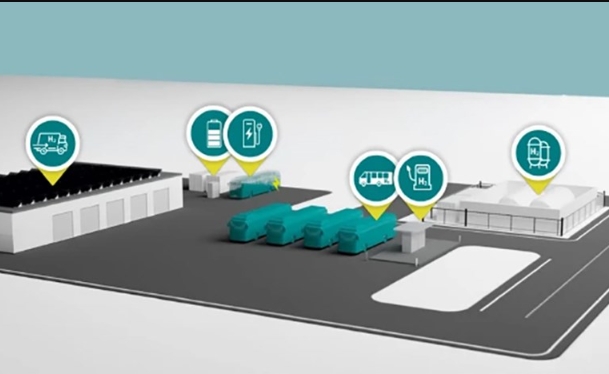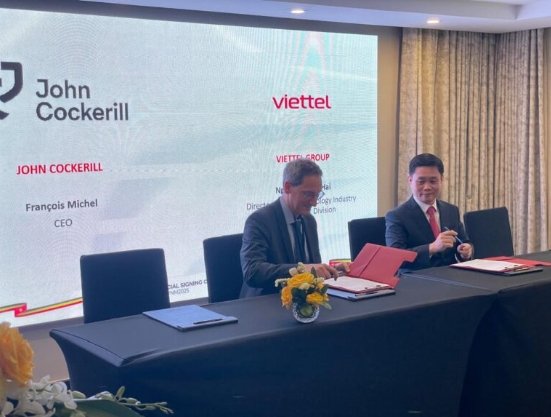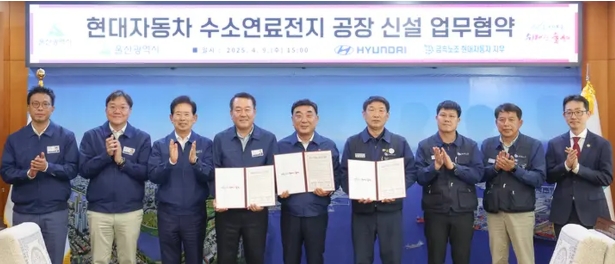National Center for Manufacturing Sciences Awards $4.35 Million Project
10 Nov 2019 by Automotive World
The National Center for Manufacturing Sciences (NCMS) has awarded a team from Nikola Powersports and Pratt & Miller Engineering a project to integrate a hydrogen fuel cell into the Nikola Reckless electric vehicle in order to test and validate performance and efficiency, via U.S. Department of Defense (DoD)’s Commercial Technologies for Maintenance Activities (CTMA) cooperative agreement. Nikola will receive $1 million, of the $4.35 million project, and work directly with the project partners to allocate the remaining funds. The research project begins immediately and will last for 32 weeks.
“For the first time this allows Nikola, in collaboration with Pratt & Miller Engineering, the opportunity to integrate hydrogen fuel cell technology in an electric off-road vehicle,” said Andrew Christian, Nikola’s vice president of defense, Nikola Powersports. “This is truly a groundbreaking effort in our quest to have a zero-emission future.”
The Reckless OHV (off highway vehicle) is a totally electric vehicle that can go from 0 to 100 kilometers-per-hour in just over three seconds. The vehicle has a modular capability that can plug and play with a remote weapons station and military drones.
The Fuel Cell Integration to Support Systems Durability and Reliability Advancements project is designed to help industry and academia demonstrate the integration of a commercially available fuel cell and evaluate potential use of conformable hydrogen storage technology. These off-road vehicle platform advancements will help advance fuel cell and hydrogen storage reliability, durability and overall ruggedness.
“We are excited to be leading the program as well as what will surely be the complex system development and integration portion of the project,” said Matt Carroll, Pratt & Miller CEO. “Using Nikola Reckless OHV to serve as the base platform for fuel cell integration is a real advantage for us because Pratt & Miller developed and built the initial prototypes for Nikola. Having that history with the platform will allow us to deliver a high performance, zero emission vehicle that far surpasses retrofitted legacy platforms.”
